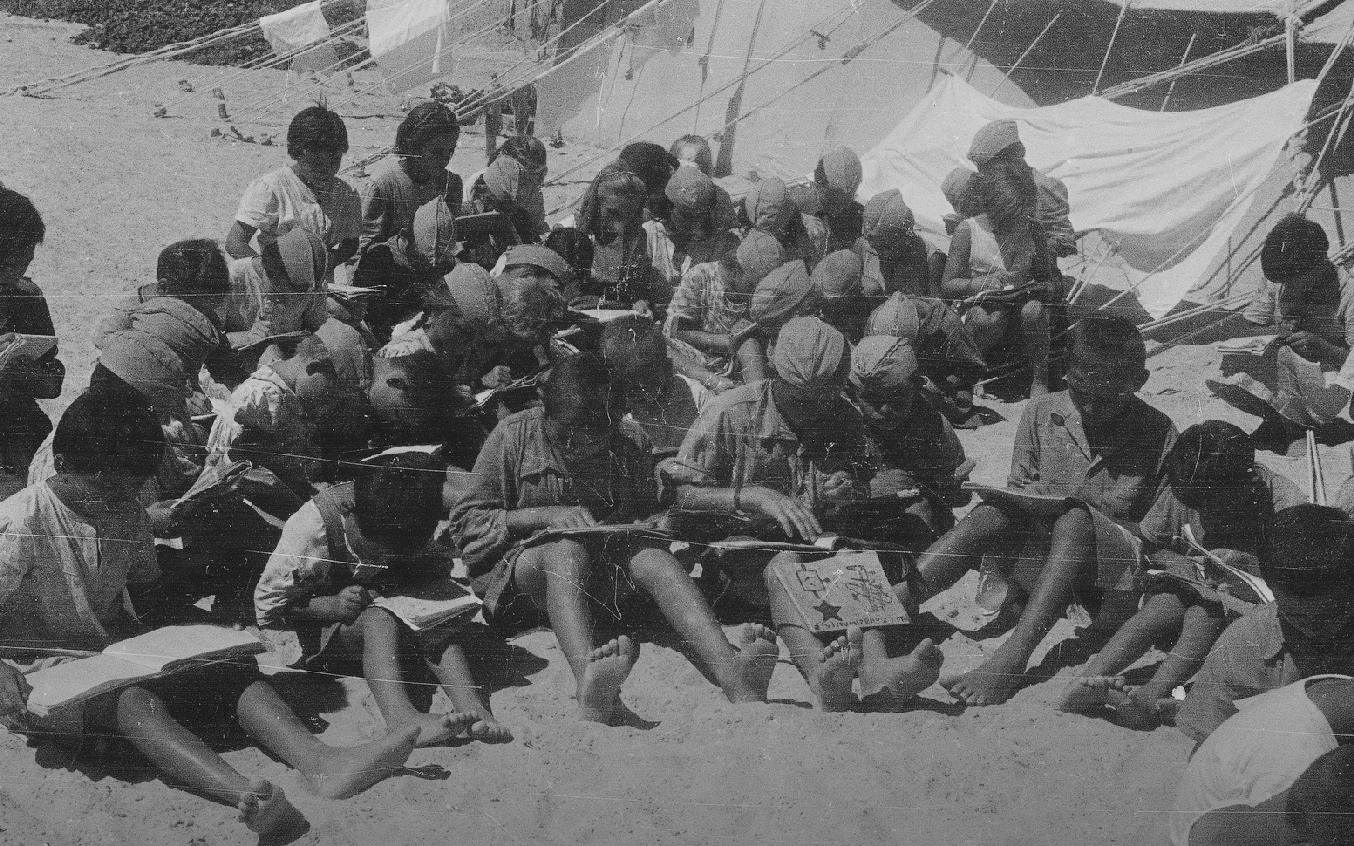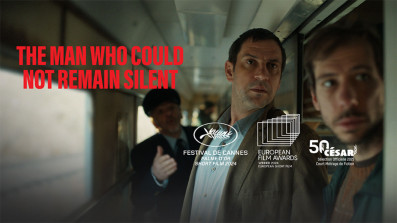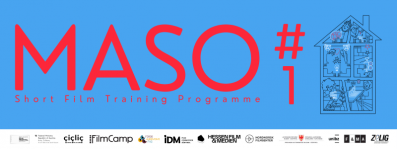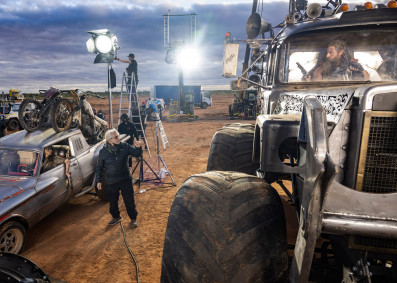
El Shatt - blueprint for utopia: Not war, but work!
PLJFF18 film review written by Marinela Domančić
PLJFF18 film reviews: El Shatt - blueprint for utopia: Not war, but work!
Ivan Ramljak • Croatia (2023) • 96 min
El Shatt - a blueprint for utopia, already during the opening minutes painted by long shots of a memorial cemetery located on the banks of a canal dug between the Mediterranean and the Red Sea gently extends his hand to the viewer and draws him into the landscape tucked into the twilight. The golden color of the sky and the soft light of the setting sun suggest that, although the central figure in the cemetery full of crosses, crosses and five-pointed stars is a statue of Our Lady of Pain, one's memories attached to these areas are dear and beautiful. This one is the grandpa of director Ivan Ramljak, Karlo Pansini, one of the camp doctors whose diaries inspired Ramljak to a feature-length documentary record of the escape of 28,000 people from Dalmatia to El Shatt. Here, the film will lose color and be based on black and white photographs and film records (among which there are those who could not determine the author and origin) and the memories of survivors. The photographic material is impressive, luxurious (one third are original photographs of Ljubomir Garbin, former head of the photo-section in El Shatt) and accompanied by the statements of the actors of events that we do not see and who freely, without any directing interference and directing sub-questions, let memories spill over the photographs.
After the capitulation of Italy, in order to protect the population of the Dalmatian islands and the coast unable to fight from the Germans, partisan forces with Tito at the helm, in cooperation with the Allies, launched an exodus of women, children, minors and the elderly, transferring them first to Vis, then to Italy, to end up in the Egyptian region of Sinai. Although the journey was long and arduous, Ramljak does not fall into the trap of the stereotype of portraying running from the war as despair, misery and suffering. He prefers to let actors be guided by romanced memories and nostalgia for youth as they speak of life in the camp as a place of difficult but beautiful and righteous life. Here they spent two years living, as the quote of Savka Dapčević-Kučar who opens the film, says, in the only place in the world where the ideal of communism was realized. Each member of the community contributed to the common good by his own work as much as he knew and could, everyone tried to be useful, and, having almost nothing, everything they created together shared and helped each other. Literacy for the illiterate, school for children, learning foreign languages, artistic, sports and cultural events, socializing with other camps and domicile population, political gatherings, religious activities were organized, and participation in them was taken freely, according to desire and affinity. Natural and health adversities would stop a normal life from time to time, but they are also solved jointly, creatively and with improvisations. Seventy years later, mostly beautiful memories have remained that do not only lure giggling in those who tell them, but also keep a smile on the viewer's face. The smile occasionally turns into a loud laugh when the actors begin to list the names of the children born in the camp – Logorka, Kairka, Elšatka, Zbjegan, Sinai... – an expression not only of spirit and humor, but also of the desire to keep a time of peace, diligence and unusual freedom in the child's memory. One of the participants will actually make it clear that for her during her stay in the camp was the era of greatest freedom. Stories about creative solutions when it comes to cooking, sewing, furniture production or daily making newspapers with fresh news from the world irresistibly reminiscent of the resourcefulness of Sarajevans under a four-year siege and of the laughter with which, thirty years later, war anecdotes are often recounted. Strange are the paths of collective historical memory, as are the ways in which the human brain erases bad memories and leaves the cheerful ones, which are worth family retelling and passing on to subsequent generations. In addition, the current political and historical moment is not, or is not enough, kind to the preservation of partisan memories, especially those that show that it was possible to realize the idea of communism, so this film definitely has historical and not only artistic significance.
The camera of experienced cinematographer (who is himself the author of several documentaries) Boris Poljak is calm and noble in the opening and final shots, and in the feature parts, it is played with close-ups and medium shots, revealing the preparation for filming. The perfect and subtle sound management that follows the photo and film material from the background makes you get the impression that the sounds are not recorded, but that they really happen at the moment the photos were created. Slightly underlined under the narration, the sounds of ship and train journeys, the cries of children, the wind, crickets or music seem so natural, as if they were coming out of photographs.
If we were to look for flaws in this film, the first thing that comes to mind are the feature fragments in which the actors read the news from the world related to the events of the war from which El Shatt was quite distant. It is clear that they are there because of the counterbalance to the romantic image that has moved away from the historical moment in which World War II continues to rage, but somewhat differ from the rest of the material. And yes, maybe it could have been without inserting a dark screen that is dramaturgically not necessary.
The undeniable effort and time spent in telling a story called El Shatt - a blueprint for utopia certainly paid off many times over. The film premiered at 16. Mediterranean Film Festival in Split immediately won two awards – the Audience Award and the Special Mention of the Jury. The tenderness, poetics, poignancy and warmth it radiates spread from the screen to the viewer and make the film look with a smile and nostalgia for a time of social support, renovation and construction that will hardly ever happen again. Everything that happened between photos is left to the imagination and feelings of the audience, and feelings are easy to follow when listening to very personal and very emotional stories. Human kindness, selflessness, gratitude and humanity, and somewhat neglected categories, are alive and palpable in the ninety minutes of this film. So if they're utopian, it's nice to give in to them at least for a little while.
Marinela Domančić















